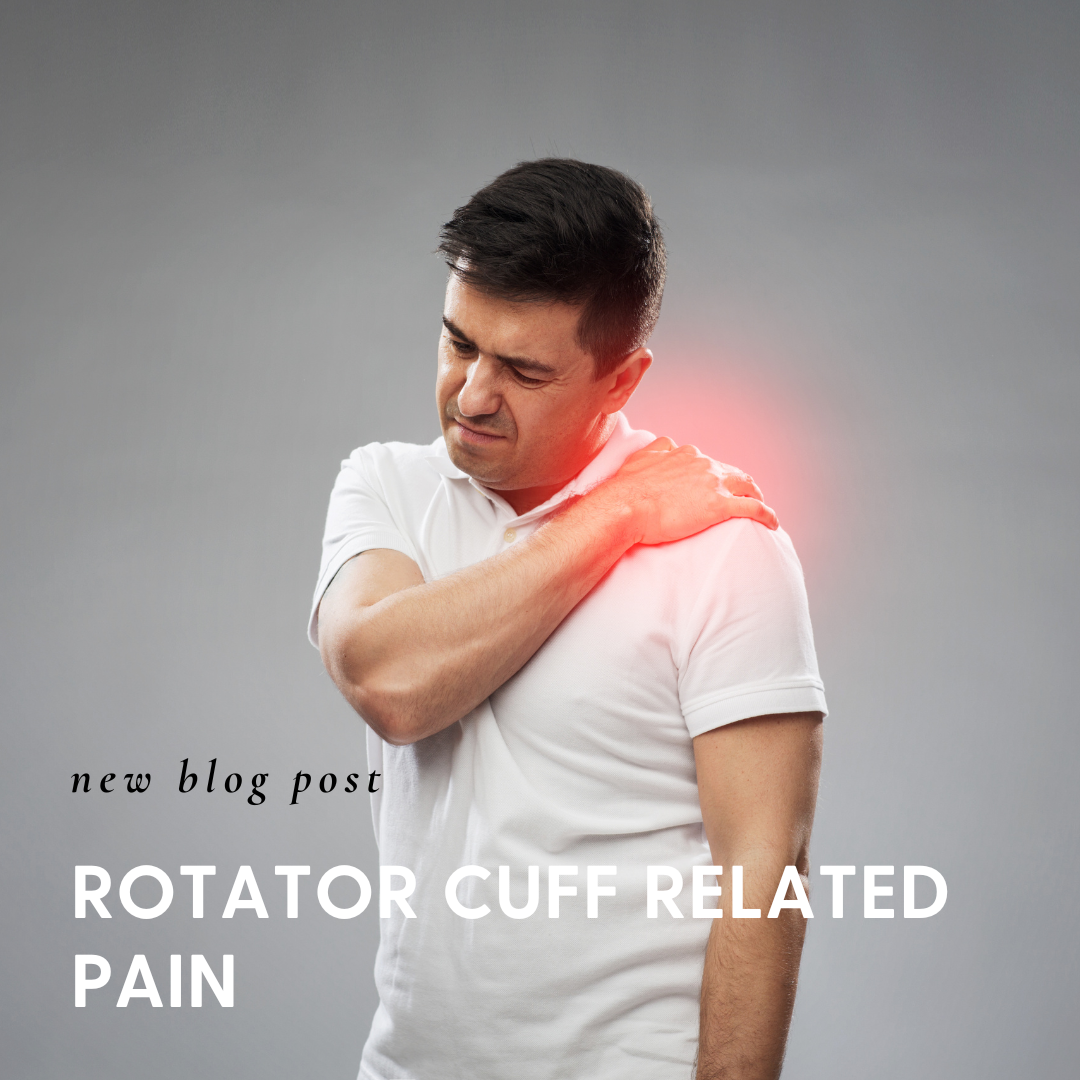In Most Cases Physiotherapy is Recommended as First Line of Treatment Over Surgery
If you’re dealing with a painful rotator cuff injury like a tear or impingement, you’ll want to hear this – physiotherapy may be a much better option than going under the knife, at least initially.
That’s the conclusion from several high-quality medical studies evaluating different treatment approaches for rotator cuff problems. And the evidence is pretty compelling that exercise-based physiotherapy provides equal results to surgery, but at a tiny fraction of the cost and without the risks.
Let’s dive into some of the specific research findings:
For partial-thickness rotator cuff tears (less than 75% thickness torn), physiotherapy was just as effective as surgery at 1, 2, 4, and even 5 year follow-ups. Patients regained comparable strength, movement, and relief from their shoulder pain – no surgical repair was needed.
In cases of subacromial impingement syndrome, which is extremely common, multiple studies again showed physiotherapy matched the results of decompression surgery. At 1-5 year marks, the non-surgical exercise approach equaled post-surgical outcomes.
But here’s perhaps the most compelling data point – for full-thickness non-traumatic rotator cuff tears, completing a proper physiotherapy program reduced the need for surgery by a staggering 75% at 2 years!
And it gets even better. Research on impingement syndrome patients found that a specific exercise strategy decreased surgical rates by up to 80% compared to those who didn’t do the physio exercises.
So how is physiotherapy achieving these surgery-matching results for rotator cuff injuries?
The key is a customized strengthening and flexibility program focused on your specific shoulder issue and needs. This generally includes exercises to improve rotator cuff strength, shoulder blade motion, posture, and overall biomechanics of the joint.
By gradually building up the muscles surrounding the shoulder, you increase stability and take pressure off the tendons and bursa. Combined with hands-on manual therapy from your physiotherapist, this conservative approach is proving just as effective as surgery for most non-traumatic rotator cuff cases.
The biggest difference, of course, is the cost and risk factors. While surgery can be expensive and is never risk free, a full course of physiotherapy will usually cost much less. It’s also completely non-invasive with no risk of surgical complications.
If you’re dealing with persistent rotator cuff-related shoulder pain or disability, don’t automatically assume surgery is required. The latest research shows physiotherapy should be the first-line treatment approach for issues like impingement or partial tendon tears.
Our physiotherapists have extensive experience guiding patients through evidence-based rotator cuff rehabilitation, customizing the right strengthening and treatment plan for your needs. Avoid the costs and risks of surgery – request an appointment and learn how physiotherapy may resolve your shoulder problems safely and effectively.step towards finding relief.
If surgery is required, we are blessed to have some fantastic shoulder and upper limb surgeons in W.A. We are able to make recommendations and help with pre and post-operative rehabilitation.


